In the first of a three-part investigative series into the ABP Food Group, the Irish Farmers Journal reveals the extent of Larry Goodman’s financial wealth.
Larry Goodman’s business and investment empire is valued at close to €4bn. An in-depth investigation carried out by the Irish Farmers Journal sheds light for the first time on the profits behind Ireland’s most secretive beef baron.
Accounts seen by the Irish Farmers Journal
reveal a complex structure of privately owned companies closely linked to Larry Goodman and his ABP Food Group. These companies, which have no employees but provide financing and loans to subsidiaries within the Goodman group, are located throughout Europe in Luxembourg, the Netherlands, Jersey and Liechtenstein.
Up to now, there was very little visibility into the corporate structure of the Goodman group.
The reason chinks of visibility are suddenly appearing in Larry Goodman’s business empire may be down to tax
However, changes within the group over the past year have partially lifted the veil of secrecy surrounding Goodman’s business empire. New accounts show 12 key companies (see diagram) within the group reported combined profits of more than €182m in 2018.
The reason chinks of visibility are suddenly appearing in Larry Goodman’s business empire may be down to tax. For many years, the majority of Goodman controlled companies have been registered in Jersey, the largest of the Channel Islands well known for its low tax regime and financial secrecy.
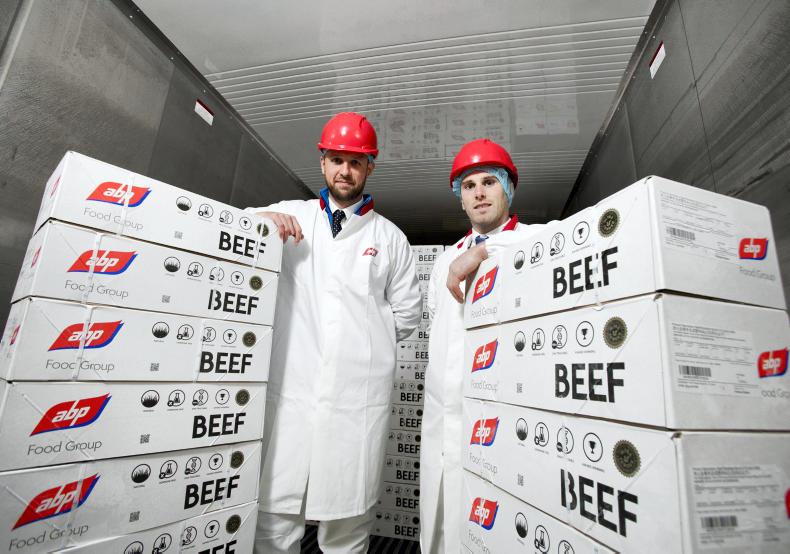
Mark Goodman (left), managing director of ABP International and John Loughman, group quality control manager, ABP International Division overseeing the first consignment of Irish beef to be exported to the Chinese market from ABP Clones.
However, in the last number of years, a number of important entities in the Goodman business empire have migrated their headquarters to Luxembourg, which is now seen as the most tax-attractive member state of the EU for large corporations.
This transition to Luxembourg has allowed some visibility into the financial performance and structure above the ABP Group and the profitability of Goodman’s investments. Accounts for these companies in Luxembourg reveal that Goodman companies paid very little tax on hundreds of millions in profits. An analysis carried out by the Irish Farmers Journal shows these companies, which generated net profits of €182m last year, and paid less than €300,000 in taxes.
This would equate to an effective tax rate of only 0.3%, considerably less than the corporate tax rate in Ireland of 12.5%.
Luxembourg
Five companies close to the top of the Goodman group (Silverbirch, KH Holdings, Parlesse, Aburg and Ashtree Investments), which are all registered in Luxembourg, have assets of almost €2.7bn and recorded profits of close to €94m last year.
Last year, two of these companies, Aburg and KH Holdings, moved their residency from Jersey to Luxembourg. Additionally, almost every company within the Goodman group has changed its financial year-end over the past year. In 2017, legislation was introduced which will require unlimited companies to show greater visibility.
There are seven other companies within the Goodman group that provide visibility into the organisation’s profits. These entities are based in the Netherlands, Jersey, Ireland and the UK, and have combined assets of €1.2bn. For 2018, these companies reported combined profits of just under €89m.
What is the Goodman group?
Larry Goodman’s business empire has grown far beyond its roots in beef processing. Today, Goodman is listed as a director in hundreds of mostly privately held companies. However, the Goodman company of most interest to farmers is the ABP Food Group, which has grown to become one of the largest meat companies in Europe, with processing operations in Ireland, the UK and Poland.
ABP controls circa 20% of the Irish cattle kill, processing circa 300,000 cattle per annum. In the UK, ABP controls circa 15% of the cattle kill, processing circa 400,000 head. In recent years, ABP acquired a 50% shareholding in Slaney Foods and has also taken a 50% stake in Northern Ireland meat processor Linden Foods. ABP has also taken full control of Good Herdsmen, Ireland’s largest organic meat processor.
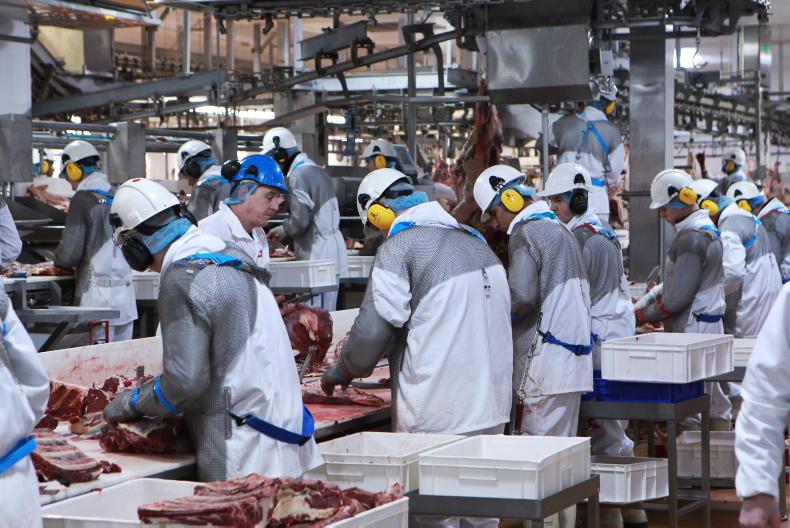
ABP Meat Plant, Clones, Co Monaghan.
Earlier this year, Goodman took full control of C&D Foods after acquiring the remaining shares in the company from Philip Reynolds. C&D Foods is a €500m turnover pet food business and the largest private-label pet food manufacturer in Europe with manufacturing operations in Ireland, the UK, Denmark, France, the Netherlands, Austria and Spain.
Goodman also has significant investments in healthcare and has shareholdings in Blackrock clinic, the Hermitage hospital and the Galway clinic. He also has significant property interests, including Miesian Plaza, which he acquired from Bank of Ireland.
Lifting the veil of secrecy on Goodman’s business empire
By any measure, the asset value and profits in Goodman’s business empire are enormous, particularly for a privately owned entity.
For context, Glanbia plc is valued at just over €4bn and recorded net profits of €234m last year. Meanwhile, Kerry Group plc, a multinational business valued at almost €19bn, recorded profits of €540m in 2018. Kerry Group and Glanbia paid a combined €90m in taxes last year.
It is important to note that there’s nothing illegal in what Goodman has done by registering these companies in places such as Luxembourg and Jersey.
Goodman, now in his 80s, has long been known for his financial secrecy
Instead, the question is why would anyone go to such lengths to build a corporate structure as complex as this?
Goodman, now in his 80s, has long been known for his financial secrecy. It’s no surprise, therefore, that many of the top companies in the Goodman empire were located in Jersey – a location which has always facilitated privately held companies seeking to lower their taxes and hide profits from public view.
However, with Luxembourg now seen as the most tax-attractive state in Europe, a number of key entities within the Goodman group have relocated to take advantage of this. A consequence of this move means the veil of secrecy surrounding Larry Goodman’s business empire has now been partially lifted for the first time.
In next week’s Irish Farmers Journal we delve deeper into the Goodman group.
In the first of a three-part investigative series into the ABP Food Group, the Irish Farmers Journal reveals the extent of Larry Goodman’s financial wealth.
Larry Goodman’s business and investment empire is valued at close to €4bn. An in-depth investigation carried out by the Irish Farmers Journal sheds light for the first time on the profits behind Ireland’s most secretive beef baron.
Accounts seen by the Irish Farmers Journal
reveal a complex structure of privately owned companies closely linked to Larry Goodman and his ABP Food Group. These companies, which have no employees but provide financing and loans to subsidiaries within the Goodman group, are located throughout Europe in Luxembourg, the Netherlands, Jersey and Liechtenstein.
Up to now, there was very little visibility into the corporate structure of the Goodman group.
The reason chinks of visibility are suddenly appearing in Larry Goodman’s business empire may be down to tax
However, changes within the group over the past year have partially lifted the veil of secrecy surrounding Goodman’s business empire. New accounts show 12 key companies (see diagram) within the group reported combined profits of more than €182m in 2018.
The reason chinks of visibility are suddenly appearing in Larry Goodman’s business empire may be down to tax. For many years, the majority of Goodman controlled companies have been registered in Jersey, the largest of the Channel Islands well known for its low tax regime and financial secrecy.

Mark Goodman (left), managing director of ABP International and John Loughman, group quality control manager, ABP International Division overseeing the first consignment of Irish beef to be exported to the Chinese market from ABP Clones.
However, in the last number of years, a number of important entities in the Goodman business empire have migrated their headquarters to Luxembourg, which is now seen as the most tax-attractive member state of the EU for large corporations.
This transition to Luxembourg has allowed some visibility into the financial performance and structure above the ABP Group and the profitability of Goodman’s investments. Accounts for these companies in Luxembourg reveal that Goodman companies paid very little tax on hundreds of millions in profits. An analysis carried out by the Irish Farmers Journal shows these companies, which generated net profits of €182m last year, and paid less than €300,000 in taxes.
This would equate to an effective tax rate of only 0.3%, considerably less than the corporate tax rate in Ireland of 12.5%.
Luxembourg
Five companies close to the top of the Goodman group (Silverbirch, KH Holdings, Parlesse, Aburg and Ashtree Investments), which are all registered in Luxembourg, have assets of almost €2.7bn and recorded profits of close to €94m last year.
Last year, two of these companies, Aburg and KH Holdings, moved their residency from Jersey to Luxembourg. Additionally, almost every company within the Goodman group has changed its financial year-end over the past year. In 2017, legislation was introduced which will require unlimited companies to show greater visibility.
There are seven other companies within the Goodman group that provide visibility into the organisation’s profits. These entities are based in the Netherlands, Jersey, Ireland and the UK, and have combined assets of €1.2bn. For 2018, these companies reported combined profits of just under €89m.
What is the Goodman group?
Larry Goodman’s business empire has grown far beyond its roots in beef processing. Today, Goodman is listed as a director in hundreds of mostly privately held companies. However, the Goodman company of most interest to farmers is the ABP Food Group, which has grown to become one of the largest meat companies in Europe, with processing operations in Ireland, the UK and Poland.
ABP controls circa 20% of the Irish cattle kill, processing circa 300,000 cattle per annum. In the UK, ABP controls circa 15% of the cattle kill, processing circa 400,000 head. In recent years, ABP acquired a 50% shareholding in Slaney Foods and has also taken a 50% stake in Northern Ireland meat processor Linden Foods. ABP has also taken full control of Good Herdsmen, Ireland’s largest organic meat processor.

ABP Meat Plant, Clones, Co Monaghan.
Earlier this year, Goodman took full control of C&D Foods after acquiring the remaining shares in the company from Philip Reynolds. C&D Foods is a €500m turnover pet food business and the largest private-label pet food manufacturer in Europe with manufacturing operations in Ireland, the UK, Denmark, France, the Netherlands, Austria and Spain.
Goodman also has significant investments in healthcare and has shareholdings in Blackrock clinic, the Hermitage hospital and the Galway clinic. He also has significant property interests, including Miesian Plaza, which he acquired from Bank of Ireland.
Lifting the veil of secrecy on Goodman’s business empire
By any measure, the asset value and profits in Goodman’s business empire are enormous, particularly for a privately owned entity.
For context, Glanbia plc is valued at just over €4bn and recorded net profits of €234m last year. Meanwhile, Kerry Group plc, a multinational business valued at almost €19bn, recorded profits of €540m in 2018. Kerry Group and Glanbia paid a combined €90m in taxes last year.
It is important to note that there’s nothing illegal in what Goodman has done by registering these companies in places such as Luxembourg and Jersey.
Goodman, now in his 80s, has long been known for his financial secrecy
Instead, the question is why would anyone go to such lengths to build a corporate structure as complex as this?
Goodman, now in his 80s, has long been known for his financial secrecy. It’s no surprise, therefore, that many of the top companies in the Goodman empire were located in Jersey – a location which has always facilitated privately held companies seeking to lower their taxes and hide profits from public view.
However, with Luxembourg now seen as the most tax-attractive state in Europe, a number of key entities within the Goodman group have relocated to take advantage of this. A consequence of this move means the veil of secrecy surrounding Larry Goodman’s business empire has now been partially lifted for the first time.
In next week’s Irish Farmers Journal we delve deeper into the Goodman group.






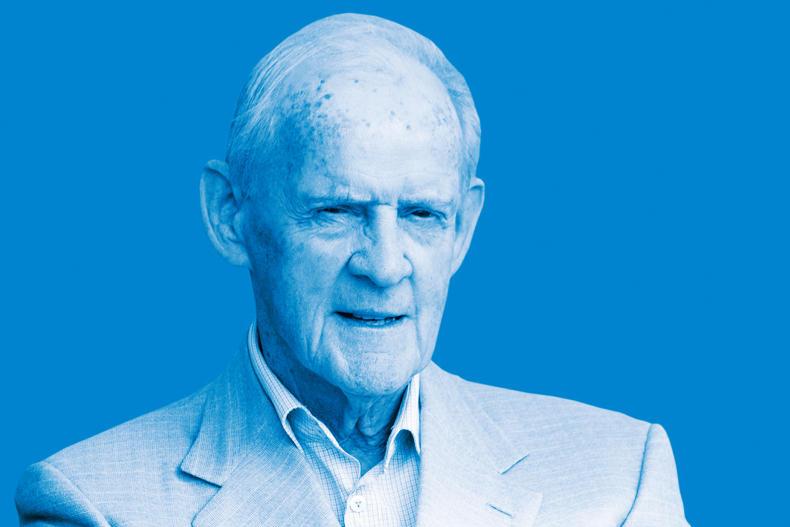
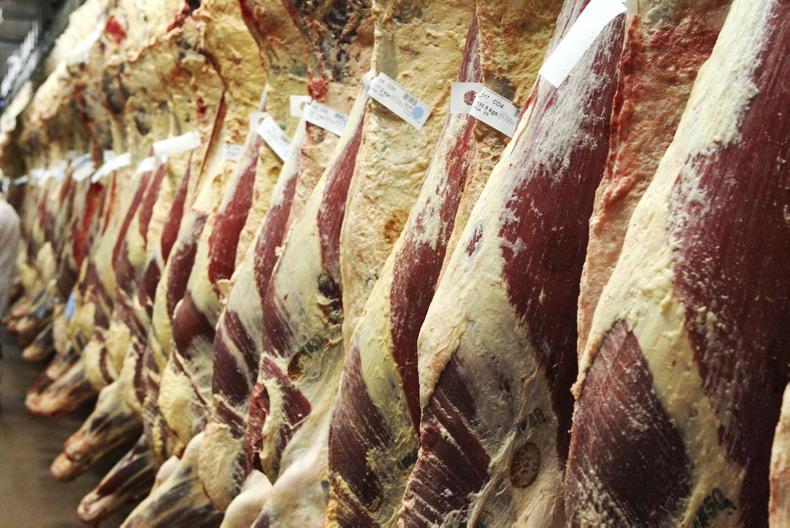

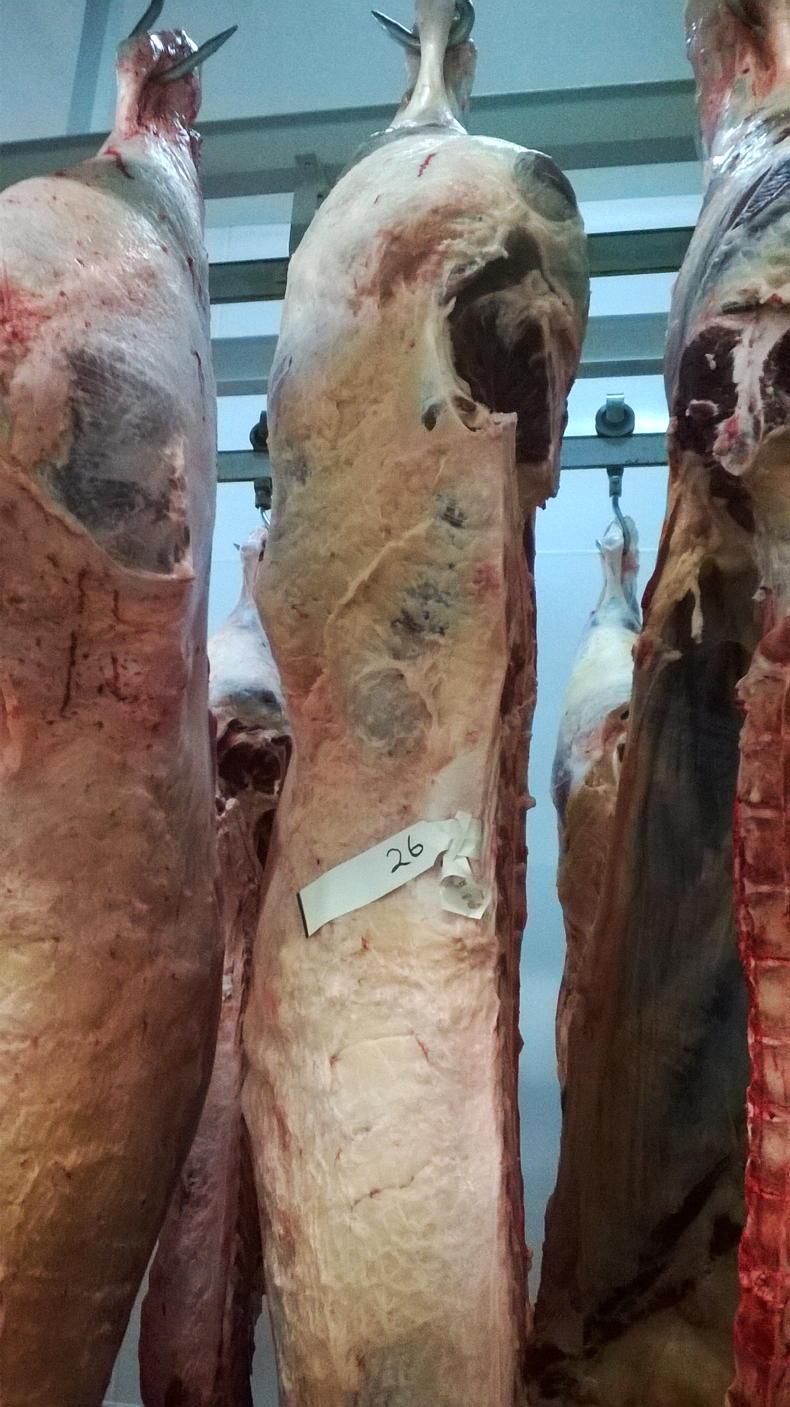

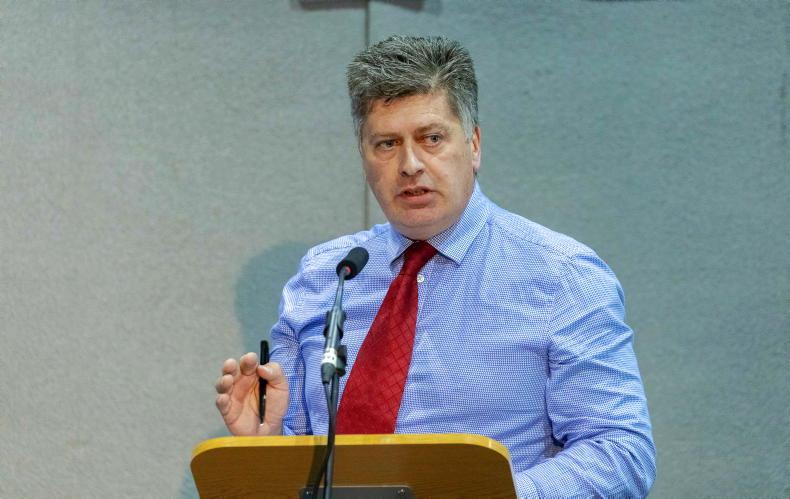
SHARING OPTIONS